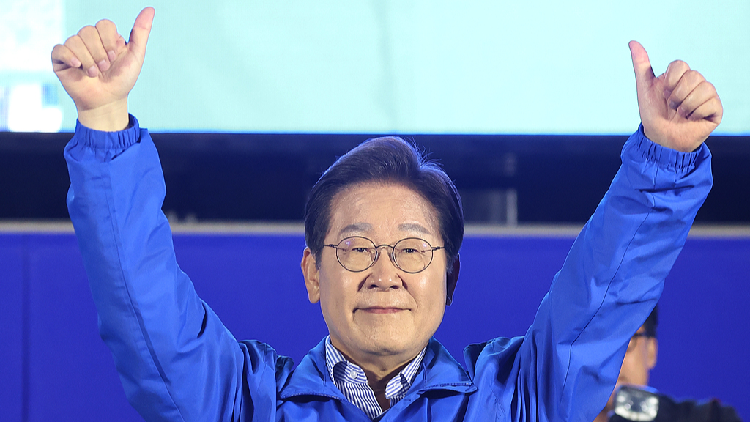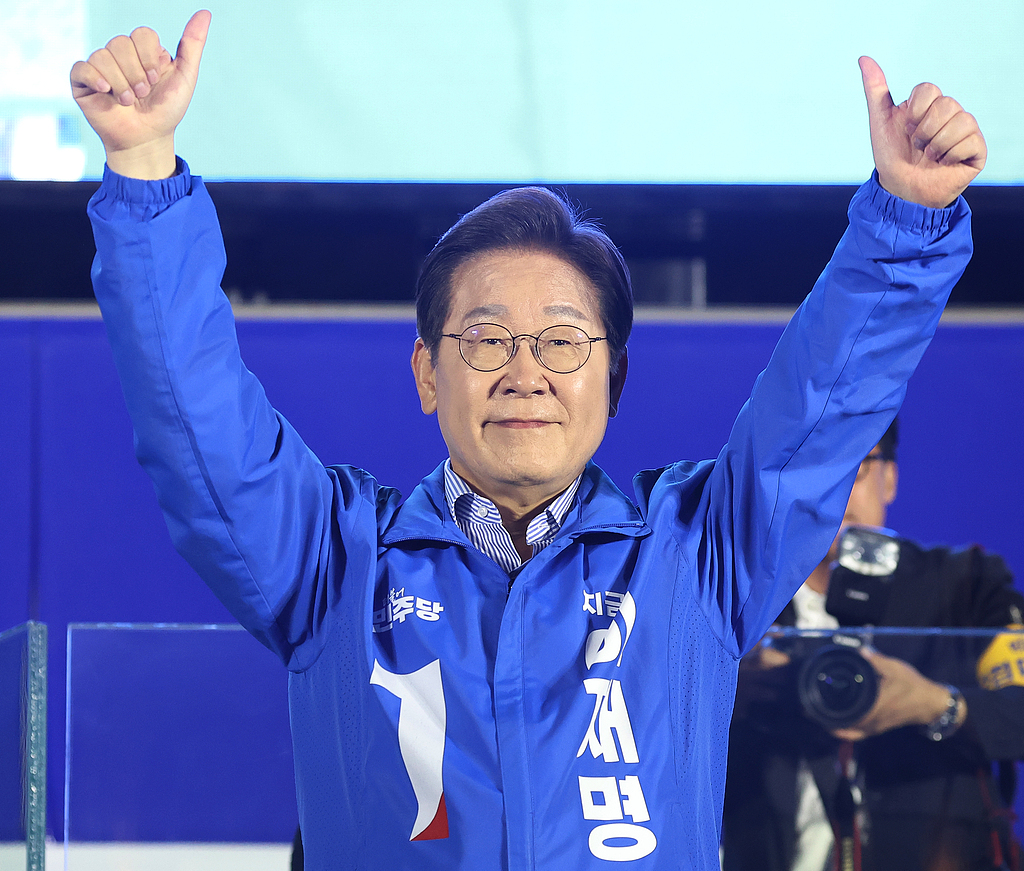Exit Polls Reveal Lee Jae-myung Maintains Strong Lead in South Korea Election
Lee Jae-myung secures commanding lead in South Korea's snap presidential election, exit polls reveal


South Korea's political landscape appeared poised for a dramatic shift on Tuesday night as **Lee Jae-myung** of the liberal Democratic Party emerged with a significant lead in exit polls from the snap presidential election. The preliminary figures have positioned Lee as the likely successor to the presidency, fueling celebrations among his supporters and signaling potential changes in the country's policy direction.
A joint exit poll carried out by three major terrestrial broadcasters indicated that Lee received **51.7 percent** of the vote, comfortably outpacing his rival Kim Moon-soo of the conservative People Power Party, who garnered **39.3 percent**. The margin, described by analysts as decisive, suggested a strong mandate for the Democratic Party candidate after months of intense political campaigning and public debate.
The snap election drew high voter turnout across the nation, reflecting widespread public interest in the country's future leadership. The third main candidate, Lee Jun-seok representing the minor conservative New Reform Party, managed to secure **7.7 percent** support according to the polls, demonstrating limited but notable traction for emerging voices in South Korea’s evolving political sphere.
Independent exit polls conducted by other local television broadcasters, including JTBC, Channel A, and MBN, confirmed the trend, with projections consistently showing Lee maintaining a lead of approximately **10 percentage points** over Kim. Political experts noted that while official results were still pending, such broad consensus among exit surveys added weight to expectations of a Democratic victory.
If confirmed, Lee's win would mark a significant chapter in South Korea’s democracy, potentially heralding shifts in domestic policies, economic strategy, and diplomatic approaches. Observers are closely watching for Lee's formal response and his plans to address key issues such as national security, economic reform, and relations with neighboring countries in a region marked by dynamic change.




